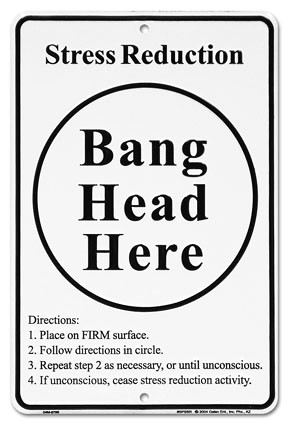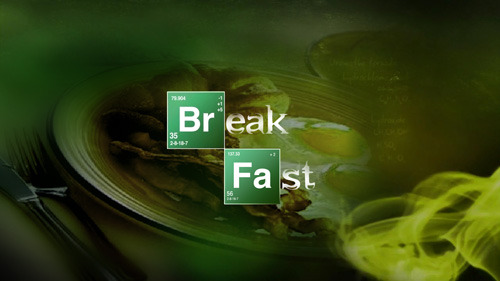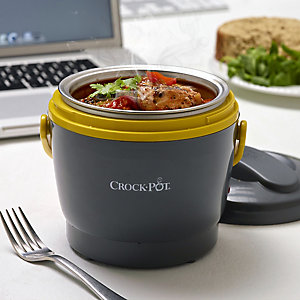Every once in a while, Luke decides to overhaul his diet. It is very tiresome.
". . . and then instead of getting the [insert deep-fried high-carb junky food item], I get the [insert nourishing protein and non-fatty prepared vegetables]!"
"No, REALLY?" I reply, head on table. That's it, then: I'm not preaching to him anymore, especially since he's going to take the credit for it anyway.

But you won't get off so easy. Read on.
1) I'm an early riser, early to bed-er; my appetite usually awakens with the day, and shuts up by 7 pm. However, if I am thrown off my schedule, usually do to a joyous occasion that involves late-night partying . . . well, if I eat late at night then I am not hungry in the morning, and then I crave food later than I typically would. I then have to reprogram myself to the original setting.
"You are when you eat," this article by Emily Laber-Warren echoes. Logic—and biology tends to be logical—would dictate that we only require calories when we need fuel. Ergo, consuming food, then going to that wonderful energy-conserving activity, sleep, doesn't make much sense.
The article contains research that shows allowing the boch to "rest" (technically fast) for 12 hours nightly gives it a boost for the next day. The Rambam advocated such a rest as well, that digestion cannot be always in motion; the organs need a break. Waaaay before hitting the sack.
The list at the end of the article does take night owls into consideration; as long as 12 hours of no food is in play, the benefits are there.

2) I'm a J, so I'm always planning ahead. Planning my meals bring me great joy.
Luke, however, is a P. He usually does not plan his meals. "Maybe I won't be in the mood of _____," is an oft-uttered statement of his, and yet we both know that hunger never saw bad food. Especially in the office.
While I tote to work prepared lunches, he moseys out to take-out places. Ergo the head on the table. Fast food is not good food, that we all know. If the waist is a consideration, into the kitchen you get.
"Time-Delayed Eating Leads to Better Food Choices" is kinda duh.
“If a decision is going to be implemented immediately, we just care about the immediate consequences, and we discount the long-term costs and benefits,” Dr. VanEpps said. “In the case of food, we care about what’s happening right now – like how tasty it is – but discount the long-term costs of an unhealthy meal.”
On the other hand, when you order a meal in advance, “you’re more evenly weighing the short-term and the long-term costs and benefits,” he said. “You still care about the taste but you’re more able to exert self control.”
When one is hungry, one doesn't care. It's strictly short-term: Get me un-hungry. But when planning (in general), both the long and the short is taken into account. I love planning.
 |
| I have one for milchig and fleishig. |
No comments:
Post a Comment